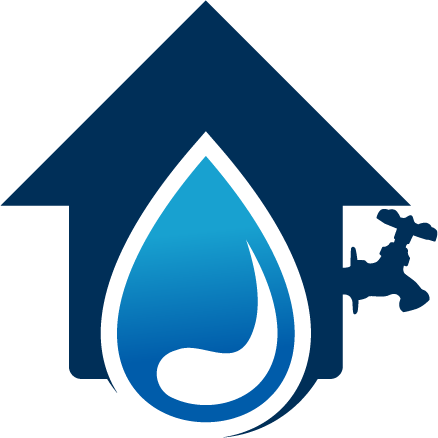Should You Choose a Rooftop Array or an Inverter Pump to Heat Your Pool?
Do you have a pool in your back garden that seems to gather leaves more than anything else? If it's unheated, it may simply feel as if it is too cold for the majority of the year, and you may only take full advantage of it over the Christmas holidays. Yet it doesn't have to be this way, and you can live more of an outdoor lifestyle if you think about introducing a heat pump. But should you choose a solar-powered system or an inverter pump instead?
Making Your Choice
In short, both systems can work, but the latter will probably be more consistent and may well be cheaper than the former.
On Top
With a roof-mounted, solar-powered system, your pool water will be pushed by a separate pump through the array and back into the pool itself. If you have some long, sunny days to contend with, then this can be a very efficient way to raise those temperatures, but it can be frustrating if you've got more clouds than sun.
Back Down to Earth
An inverter pool pump, on the other hand, will do its work no matter the weather, so long as it is correctly sized and properly installed. Inverter technology is relatively new in this industry, and it can certainly cost a great deal less than more traditional heating methods across the year.
Why Inverter Pumps Are Better
Heat pumps work by conditioning the humidity and heat in the surrounding area, in the same way as a reverse-cycle A/C. They're very efficient at creating heat based on the energy they consume and tend to be a lot more practical than roof-based alternatives. Furthermore, you won't need to worry about the appearance of your solar array or the piping that needs to run from one point to the other. A heat pump takes very little space and can be hidden away behind some strategically-placed landscaping.
Choosing a Pump
In order to choose your heat pump, you need to look at the different models. They are often ranked according to their coefficient of performance (COP) or their efficiency in terms of power output.
As you plan, you will need to match this equipment to the size and configuration of your pool to make sure that your pump is capable. For best effect, choose an inverter pump that is one size larger than your ideal set-up, and this should help with your overall energy bills.
Contact a local pool heat pump supplier to learn more.

